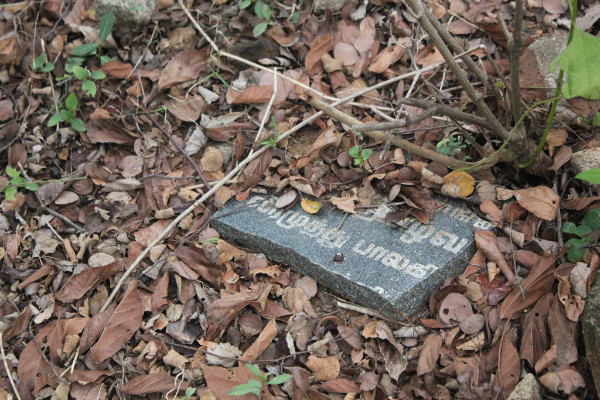by People for Equality and Relief in Lanka, November 2, 2016

Erasing the Past: New Report Documents Repression of Memorialization in North-East Sri Lanka
of memorialization among Tamils in the North-East
(Washington, DC; November 1, 2016) PEARL’s new report, “Erasing the Past: Repression of Memorialization in North-East Sri Lanka,” documents the government’s constraints on remembrance among Tamils in the North-East of Sri Lanka. Efforts by victims and survivors to commemorate the past are hindered by triumphalist “victory” monuments established by the government throughout the North-East, and are compounded by oppressive state surveillance and restrictions on free speech, free expression and freedom of assembly. There has been some improvement following the change in government in January 2015; however, the ongoing presence of the military and its pervasive involvement in civilian activities continues to cast a shadow on the everyday life of Tamil people, including remembrance practices. The inability to freely mourn their dead poses a significant obstacle to accountability and reconciliation processes.
 Researchers from PEARL conducted over 50 interviews with a broad section of war-affected individuals across the North-East and gathered views on memorialization and obstacles while attempting commemoration. The government continues to obstruct Tamils from commemorating both civilian and combatant deaths. These restrictions and the continued denial of the right to remember the dead is a source of ongoing trauma for the Tamil population.
Researchers from PEARL conducted over 50 interviews with a broad section of war-affected individuals across the North-East and gathered views on memorialization and obstacles while attempting commemoration. The government continues to obstruct Tamils from commemorating both civilian and combatant deaths. These restrictions and the continued denial of the right to remember the dead is a source of ongoing trauma for the Tamil population.
“Meaningful reconciliation between the island’s divided communities depends on a frank discussion of the war and its aftermath while the current political window of opportunity remains open,” PEARL Advocacy Director Mario Arulthas said. “Ending state repression of remembrance activities will help the survivors of violence in the North-East heal. Sri Lanka exists in a state of post-war but not post-conflict because silence and impunity shrouds the deaths of tens of thousands of Tamils, whose families and communities are unable to mourn them. For a sustainable resolution to the ethnic conflict, its participants and victims must be allowed to remember freely. Restriction of memorialization by the state, and the forcible imposition of one-sided, triumphalist narratives will only divide the country further.”
Recognition of the right to remembrance is a prerequisite to meaningful reconciliation – alongside justice and accountability for the mass atrocities committed throughout the armed conflict. Allowing Tamils to remember their dead in the manner of their choosing will help this deeply traumatized community cope with their experiences and facilitate the healing process.
The report is available here and PEARL-Erasing-the-Past-Nov-1-2016-Report